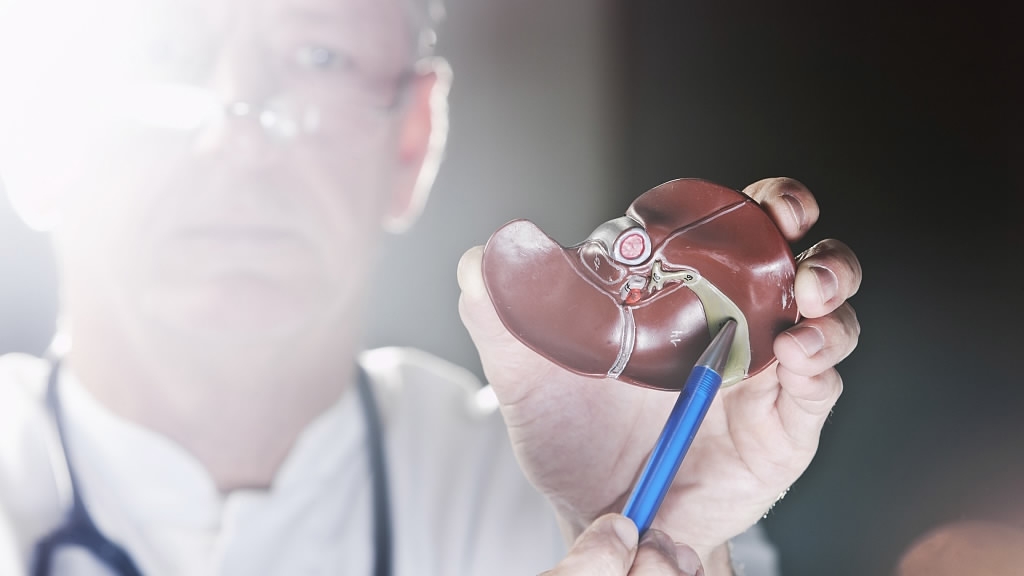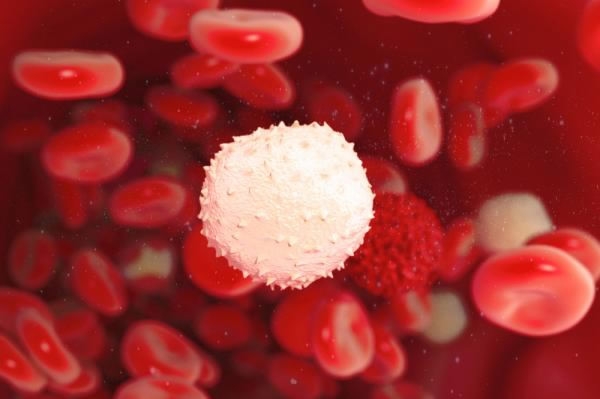
Health
17:22, 10-Oct-2017
Researchers develop new approach to detect liver cancer efficiently

An international team of researchers has developed a new diagnostic and prognosis method for early detection of hepatocellular carcinoma (HCC), based on a simple blood sample containing circulating tumor DNA, according to a study published Monday in the journal Nature Materials.
HCC is the most common type of primary liver cancer in adults and among the leading causes of cancer mortality in the world.
Like many cancers, early detection improves prognosis and survival rates, in part due to greater efficacy of localized treatment versus systemic treatments. But current detection methods for HCC primarily rely upon imaging and a blood test for a non-specific tumor marker called alpha-fetoprotein (AFP), which is usually elevated when the disease is significantly advanced.
"Non-invasive blood tests or liquid biopsies present a better alternative," said Kang Zhang, from the University of California San Diego.
Many liquid biopsies work by detecting circulating tumor DNA (ctDNA), which are fragments of genetic material shed into the blood by tumor cells.

Researchers have found that liquid biopsies are a faster and easier way to detect liver cancer. /VCG Photo
Researchers have found that liquid biopsies are a faster and easier way to detect liver cancer. /VCG Photo
These biopsies offer several potential advantages over other methods of cancer detection, according to Zhang. They can be done at any time during therapy, allowing physicians to monitor molecular changes in tumors in real-time. They may detect tumors not apparent or indeterminant based upon imaging.
Meanwhile, ctDNA potentially represents the entire molecular picture of a patient's malignancy while a tumor biopsy may be limited to just the tested portion of the tumor.
The new method is developed by researchers at University of California San Diego School of Medicine and Moores Cancer Center, with colleagues at Sun Yet-sun University Cancer Center and other collaborating institutions.
"Right now, oncologists are quite limited in how they detect HCC and evaluate treatment. Our study is a great demonstration of proof-of-concept for a new, more effective approach that applies to solid malignancies, HCC and beyond," said Zhang.
Source(s): Xinhua News Agency

SITEMAP
Copyright © 2018 CGTN. Beijing ICP prepared NO.16065310-3
Copyright © 2018 CGTN. Beijing ICP prepared NO.16065310-3